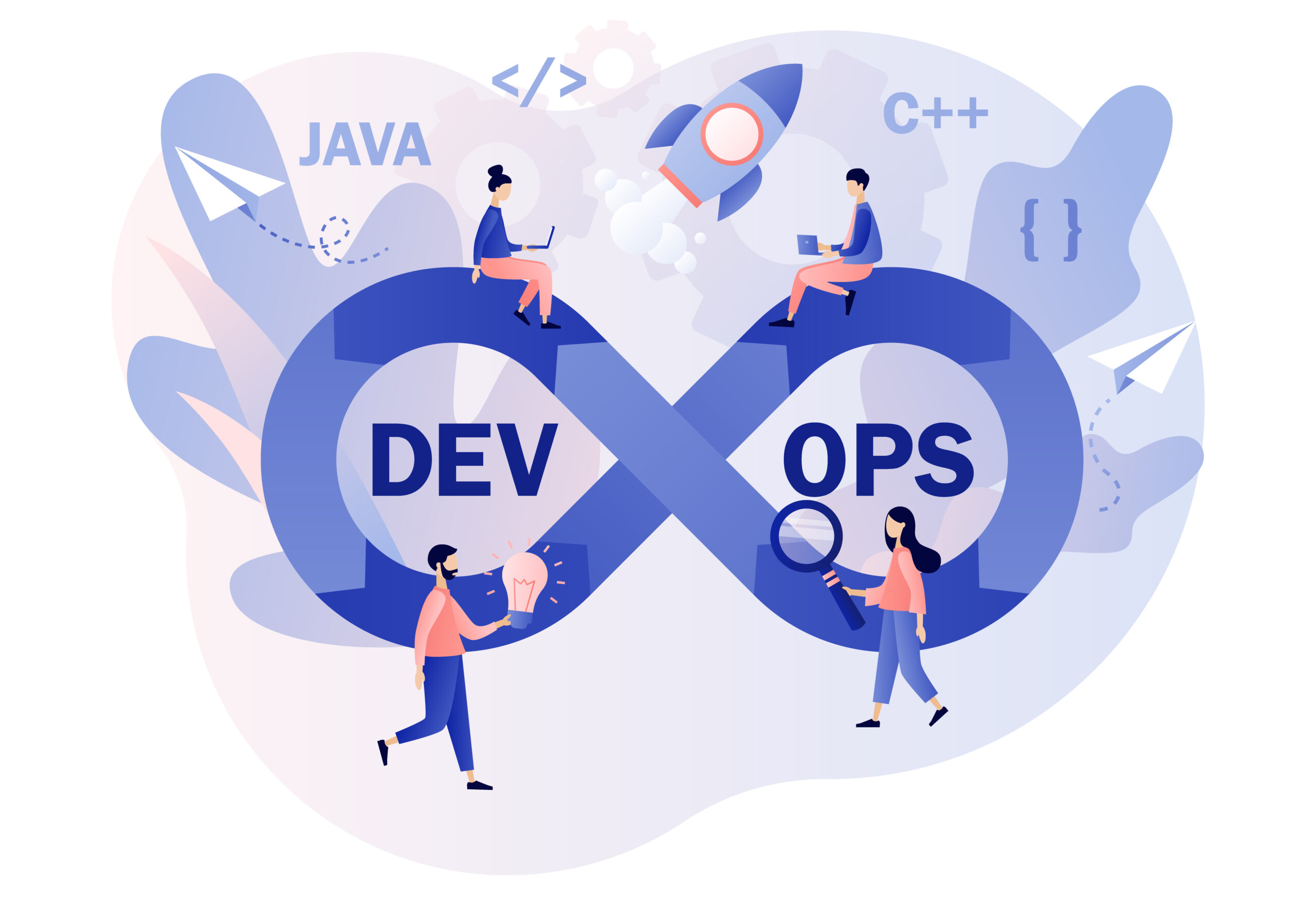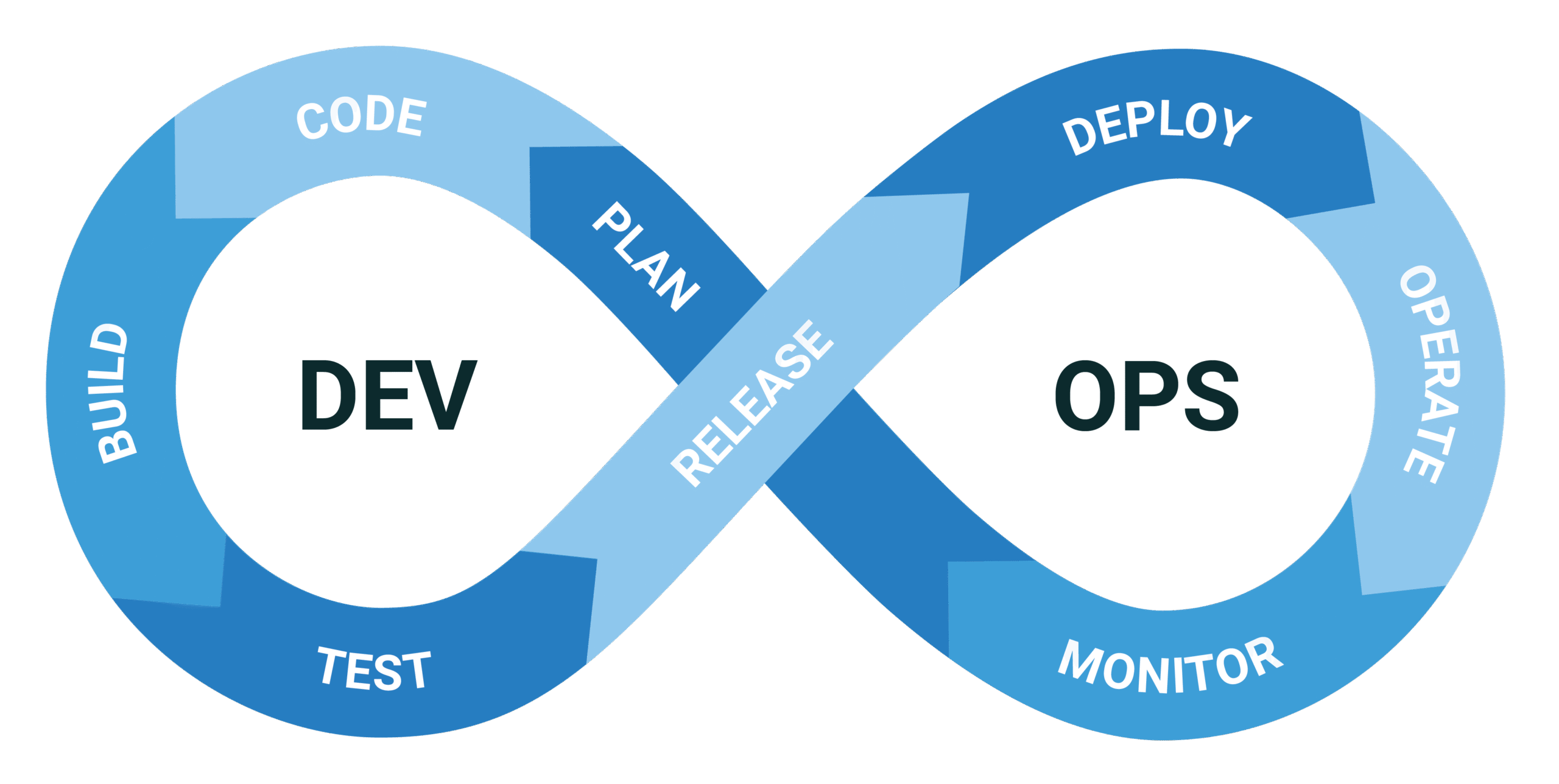What does a DevOps engineer do: a profession without myths
By Alex@PC╺
- PS4
- PS5
- XBox One
- Series X
- PC
Introduction to the DevOps profession
DevOps is one of the most relevant and sought-after specialities in the modern IT industry. Despite this, there are quite a few misconceptions and stereotypes surrounding this profession. Many people think that DevOps is just ‘someone who works with servers’ or ‘a programmer who does automation.’
In reality, the work of a DevOps specialist is much broader and more complex, especially in a world where technologies such as – kod promocyjny dla Vulkan Spiele are rapidly developing, requiring the quick integration of secure and convenient solutions. In this article, we will reveal what professionals in this field do, what skills they have, and why the role of DevOps is important for any modern company.
This profession combines engineering, development, testing, and operations, performing functions that are vital for the successful launch of software products. In Poland, this specialisation is becoming increasingly popular, so it is important to dispel myths and form a correct understanding of this professional activity.

What is DevOps: a basic definition
DevOps is a methodology that combines software development (Development) and operations (Operations) into a single continuous process. This concept helps companies launch new features quickly and efficiently, minimising the risk of errors and downtime.
First and foremost, DevOps is a culture of collaboration between teams based on automation and continuous process improvement. It changes the traditional approach where developers and operations engineers worked in isolation, which often led to conflicts and delays.
It is important to note that DevOps is not just a set of tools or a role, but a philosophy that changes the way the entire IT department works. Therefore, a specialist in this field combines technical knowledge and people skills, coordinating the various stages of the product lifecycle.
Key components of DevOps
- Process automation (CI/CD)
- Monitoring and logging
- Configuration management
- Containerisation and orchestration
- Team collaboration
This approach enables companies to adapt more quickly to market changes and improve the quality of their software.
What are the responsibilities of a DevOps engineer?
Typically, a DevOps specialist performs a wide range of tasks that go far beyond simple server maintenance or infrastructure configuration. Their main task is to establish a continuous cycle of product development, testing and deployment.
First and foremost, a DevOps engineer is responsible for creating and maintaining automated pipelines (CI/CD) that allow changes to be quickly integrated into the code and immediately tested and deployed in different environments. Without this approach, the release process often drags on and becomes too risky.
In addition, DevOps monitors the operation of servers, networks, and databases, as well as their stability and performance. System monitoring helps identify problems before they start affecting users.
It is worth noting that DevOps actively collaborates with development and testing teams, coordinating processes between them and ensuring effective information exchange.
Key tasks of DevOps:
- Setting up and maintaining CI/CD pipelines
- Monitoring and analysing system logs
- Infrastructure as code (IaC) management
- Optimisation of system performance and security
- Implementation of containerisation (Docker, Kubernetes)
- Ensuring continuous updating and scaling
Thanks to these responsibilities, DevOps specialists maintain stability and speed of development.
Not myths, but reality: what is not included in the responsibilities of DevOps?
There are often misconceptions online that DevOps is an IT ‘jack of all trades’ who does absolutely everything from coding to network configuration. In reality, this simplification is far from the truth.
First, DevOps is not a replacement for developers. They do not write functionality, but rather automate and support the processes around the code. The role of an operations engineer is more related to system administration, but with an emphasis on modern DevOps practices.
Second, DevOps is not responsible for the actual design of the product or its business logic.
This is the responsibility of product managers and developers.
Also, despite close collaboration with security, a DevOps specialist is not a cybersecurity expert. Although they implement secure deployment practices, the main security issues are the responsibility of individual teams.
Therefore, the main function of DevOps is to support and improve the development lifecycle with maximum automation and minimal human intervention.

What skills are needed to work in DevOps?
To work effectively in DevOps, you need a combination of technical knowledge and process organisation skills. A specialist must have several key competencies.
The first group is knowledge of operating systems, primarily Linux, as most servers run on it. The ability to configure, monitor and troubleshoot systems is a basic requirement.
The second is an understanding of how networks, databases and cloud platforms (AWS, Azure, Google Cloud) work. These technologies are used to scale and deploy modern applications.
It is also essential to be able to work with automation tools (Ansible, Terraform), containerisation (Docker) and orchestration (Kubernetes). They allow you to standardise and speed up processes.
In addition to technical skills, DevOps must develop communication skills, as most tasks involve interacting with different teams, resolving conflicts and optimising work processes.
Key skills of a DevOps engineer:
- Knowledge of Linux and Windows servers
- Experience with cloud platforms (AWS, GCP, Azure)
- Scripting languages (Python, Bash)
- Experience with configuration automation (Terraform, Ansible)
- Containerisation and cluster management (Docker, Kubernetes)
- Monitoring (Prometheus, Grafana)
- CI/CD debugging skills (Jenkins, GitLab CI)
A successful DevOps combines technical expertise with organisational skills.
The importance of DevOps for business
The introduction of DevOps practices brings undeniable benefits to companies of all sizes. The integration of development and operations processes significantly improves team performance.
Companies are able to respond quickly to market demands, accelerating the release of new product versions without compromising quality. Fewer errors, automated routine processes, and constant monitoring reduce the risk of downtime.
In addition, DevOps helps optimise costs by reducing the need for manual operations, decreasing the number of fixes, and increasing productivity.
For the Polish market, where competition in the IT sector is growing rapidly, the implementation of DevOps has become one of the key factors for project success. Companies that ignore this approach risk being left behind.
Advantages of implementing DevOps
- Acceleration of the development and release process
- Improved product stability
- Reduction in the number of errors
- Optimisation of infrastructure costs
- Increased user satisfaction
These advantages ensure long-term business success in the digital world.
What are the common myths about DevOps?
There are many misconceptions about what a DevOps engineer does. Here are the most common ones that need to be dispelled:
- DevOps is just an automation engineer.Although automation is an important part of the job, the role is much broader and encompasses a culture of collaboration and processes.
- DevOps replaces system administrators.These professions complement each other, but DevOps has a more modern approach that includes automation and integration.
- DevOps is just a set of tools.In reality, it is a philosophy that involves changes in organisational structure and ways of working.
- DevOps engineers must know everything.It is teamwork, where everyone has their own expertise, and DevOps coordinates and automates processes.
It is important to understand that DevOps is not magic, but a comprehensive approach that requires continuous learning and adaptation.
How to start a career in DevOps?
For those who want to develop in the direction of DevOps, there are several important steps. First of all, it is worth acquiring basic knowledge in the field of development, system administration and networks.
Then it is useful to familiarise yourself with popular automation and containerisation tools. Practical experience with CI/CD, working with cloud services and creating your own projects will help you consolidate your skills.
Training can take place through online courses, training sessions, certifications and participation in open projects.
The Polish IT market offers many resources for development, so it is important to take advantage of them.
It is also important to develop soft skills, such as communication, time management, and teamwork. This will allow you to interact effectively with developers, testers, and managers.
Recommendations for getting started in DevOps
- Learn Linux and networking basics
- Learn scripting languages (Bash, Python)
- Get familiar with Docker and Kubernetes
- Work with CI/CD tools (Jenkins, GitLab)
- Learn cloud platforms (AWS, Azure)
- Develop teamwork skills
Proper preparation will help you quickly start a career in a dynamic field.
Conclusions
The DevOps profession is a combination of technical knowledge, a culture of collaboration and automation that accelerates and makes the software development process more reliable. Specialists in this field play a critical role in ensuring the stability and competitiveness of modern IT companies.
For Polish professionals, DevOps opens up a wide range of opportunities for development and the realisation of ambitions, as the demand for such specialists is growing every year. At the same time, debunking myths helps to better understand the true nature of this role and avoid false expectations.
Therefore, if you want to become a DevOps engineer, you should focus on mastering technologies, developing communication skills and flexibility in your work. It is a truly promising and interesting profession that is changing the modern IT world.
